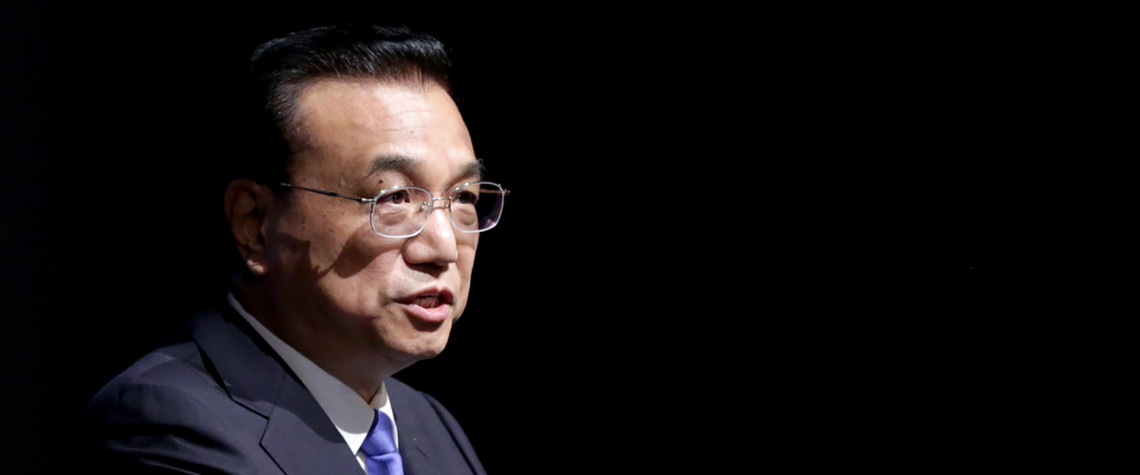Beijing strives to balance security and decarbonisation
The ongoing global energy crunch underlines the difficult task facing China’s leaders in balancing energy supply security while reaching net zero in the next 40 years
The extensive power cuts in China have roiled industry over the past two months and come amid energy shortfalls in Europe, India, Pakistan and Brazil. Elsewhere power prices in Japan and South Korea have climbed in recent weeks to reflect the spike in costs for oil, LNG and coal. China’s power shortages are largely rooted in high coal prices and inflexible electricity tariffs that have not been able to reflect the rising generation costs. Renewables and China’s net-zero carbon goal have not been blamed, but the debacle has renewed a debate in policy circles over whether the near-term priority should be energy security—which would include greater production of fossil fuels alongside renewable

Also in this section
27 February 2026
LNG would serve as a backup supply source as domestic gas declines and the country’s energy system comes under stress during periods of low hydropower output and high energy demand
27 February 2026
The assumption that oil markets will re-route and work around sanctions is being tested, and it is the physical infrastructure that is acting as the constraint
27 February 2026
The 25th WPC Energy Congress to take place in tandem as part of a coordinated week of high-level ministerial, institutional and industry engagements
27 February 2026
The deepwater sector must be brave by fast-tracking projects and making progress to seize huge offshore opportunities and not become bogged down by capacity constraints and consolidation







